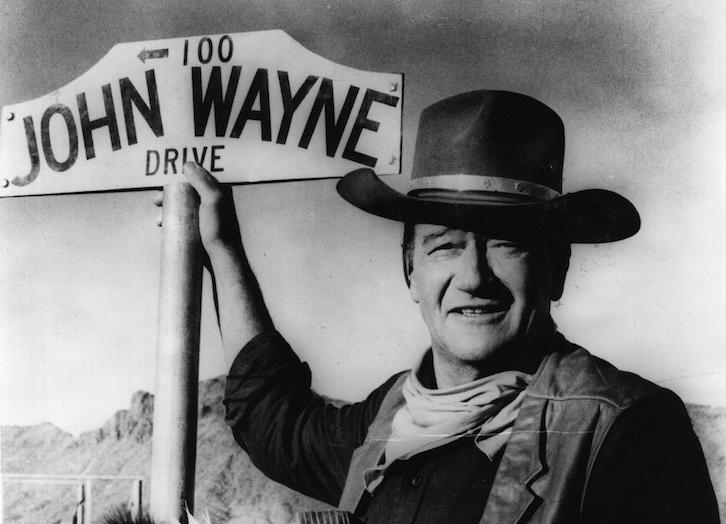A 1974 interview with the late John Wayne, in which the legendary actor gives straightforward answers that many on today’s left would consider politically incorrect, and could be in danger of being censored, a conservative news and commentary outlet warns.
The Conservative Tribune urged its readers to view the clip, titled “John Wayne Takes Apart The Idea Of Liberals, Feminists, White Guilt, And Black Lives Matter,” on YouTube before “the powers that be decide to toss it down the memory hole.”





